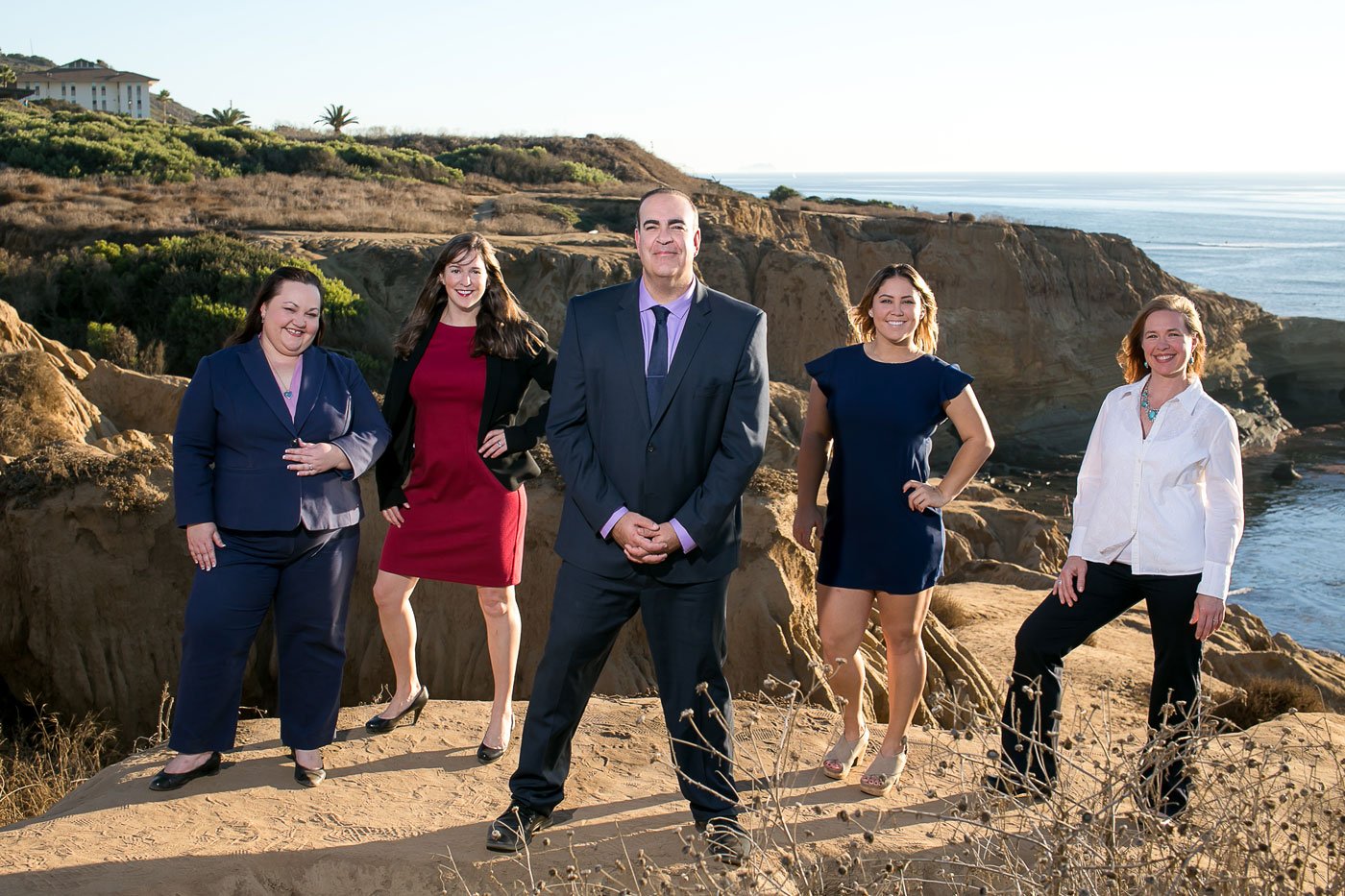Guidance For Obtaining A Certificate Of Rehabilitation
You will understandably go to great lengths to clean your record and protect your reputation. Now that you have served your sentence and paid your debt to society for a domestic violence offense, a certificate of rehabilitation may be of interest to you. A certificate of rehabilitation is not easy to obtain, so you would be wise to work with an experienced criminal defense attorney.
In San Diego and surrounding communities, you can turn to Premier Domestic Violence Law Group to have your case assessed by a former criminal prosecutor who is familiar with the complexities of this process. We can help you determine whether you qualify and take care of every step in the process on your behalf.
What Does A Certificate Of Rehabilitation Provide?
A certificate of rehabilitation issued by a judge may qualify you for a pardon by the governor and remove your name from certain legal registries. In order to qualify, you must meet specific criteria such as having completed your probation, been discharged from parole, obtained an expungement and been law-abiding for at least seven years. There are other qualifications that we can examine with you during your initial consultation to determine if you have a case for obtaining a certificate of rehabilitation.
What is a Certificate of Rehabilitation and who is eligible?
A Certificate of Rehabilitation is a judge’s ruling that an individual is now of good moral character and obeying the law. In other words, there is a certification of rehabilitation. It is most often sought by someone who served time in prison and who is otherwise ineligible for expungement.
California Penal Code § 4852.05 controls the judge’s analysis of a request for a certificate of rehabilitation. Section 4852.05 states that to apply, “the person shall live an honest and upright life, shall conduct himself or herself with sobriety and industry, shall exhibit a good moral character, and shall conform to and obey the laws of the land.”
Let Us Help You Move Forward
Call 619-752-3702 to schedule your free case evaluation. We look forward to hearing your story and guiding you through this process so you can leave your domestic violence issues in the past where they belong.

